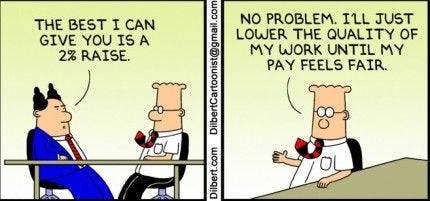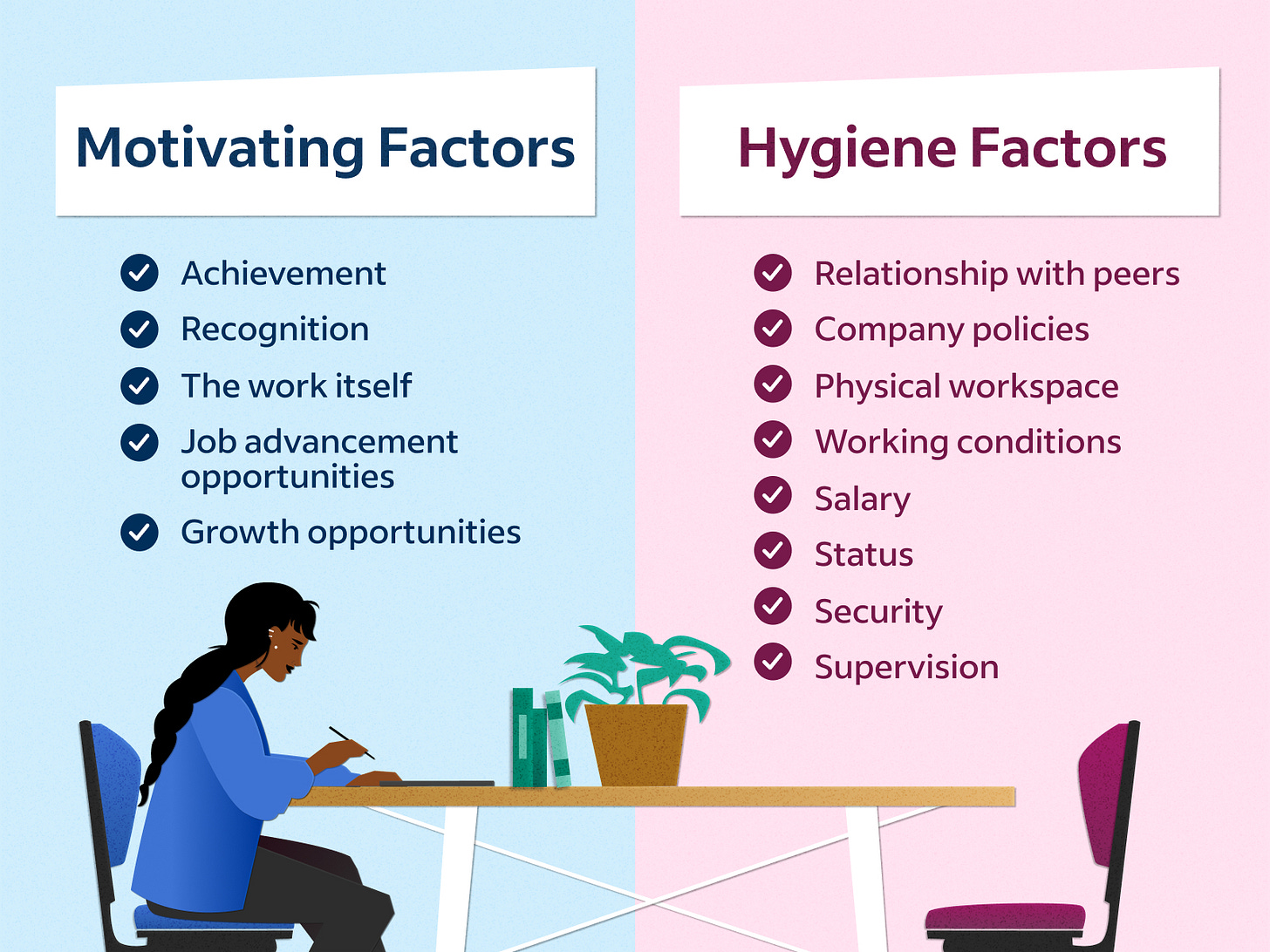“If you pay peanuts, you’re going to get monkeys” an HR professional once told me. And that statement has stayed with me till date. Besides the fact that it gives any room a healthy chuckle, it is also an important reminder and a starting point to converse about a very important aspect of a good surgical practice. Pay.
If you’re reading this, work in healthcare, and are not a surgeon, you ought to have, at least at one point, caught yourself complaining that the pay is bad. Almost menial. There’s a running joke that the only time you should work at a hospital is if you own it. And if you are a surgeon, there exists a system around you that can make you believe, wholeheartedly even, that you’re God’s gift to mankind, and everyone here has a job simply because you’re so good at doing yours.
And you aren’t completely wrong. Patients often come because of your stellar reputation as a surgeon. But when they walk out, they walk with an impression of the system of care that is built around them.
A 2019 systematic reivew conducted for the Journal of Patient Centred Research and Reviews stated that there is a significant improvement in patient satisfaction associated with team-based care. When a team from multiple disciplines committed itself to the care of patients, they came out satisfied, happy, and more compliant.
In cases of Endometriosis surgery there are various contributing member to this system of care. There’s:
The Operating Gynaecologist
The Operating GI Surgeon
The Operating Urologist
The Anaesthesiologist
The Doctor of Internal Medicine
The OT assistants
The Nurses + Para Medics
The Administrative Team (Billing, Frontdesk, and more)
These 8 different types of people together form a System of Care for anyone coming in to surgery. A system of care that is visible, noticeable, and relevant to the recovery of any patient, over and above how good your surgery might have been.
Even within the team that occupies an OT, a surgeon’s performance is greatly enhanced by both the technical and non-technical skills of the people that surround him/her.
A study published in Patient Safety in Surgery emphasizes that enhancing teamwork and non-technical skills within emergency general surgery teams can lead to improved patient outcomes. The research suggests that structured training programs focusing on communication, leadership, and decision-making among all team members, including support staff, are essential for effective surgical care.
But wait
If it’s so simple, why doesn’t everyone do it? Why doesn’t everyone just hire really competent people across the board, then pay them well, and then live happily ever after?
I love this Dilbert coming because the left side is the most common conversation in year end appraisals and the right side almost never happens. I have never met someone who can proportionately throttle how much they put in at work. There are only two modes, people are either committed, or just completely withdrawn. Quite quitting is what we were calling it in 2024.
This is a common theme across several conversations about pay. No one hires people who are incompetent. It’s the competent people that we lose out, often to bad pay standards.
But while paying your team well, at all levels, is important, it’s not just about the money. A really really popular paper came out in 1959 titledThe Motivation to Work by a good man named Frederick Irving Herzberg.
Many people in 1959 did not realise that Herzberg had given what was probably the most important and defining theory in how we behave at work. And it’s called the Herzberg Two Factor Theory.
It states that there exist Hygiene Factors, and Motivating Factors. The presence of hygiene factors does not motivate people, but their absence demotivates them. Like imagine having a terrible chair at work, no air conditioning, the tea tastes pathetic. Of course you aren’t going to sing praises for your boss because the AC works or because the chair doesn’t kill you. But when they don’t…
On the other hand, Frederick says the presence of motivating factors like recognition, growth, fulfilling work, motivate people and make them feel belonging.
But the most important conclusion of his study was that no matter how high the presence of motivating factors in an environment might be, in the absence of hygiene, it means nothing.
And that’s why my friend from HR once said, “If you pay peanuts, you’re going to get monkeys”
But of course, I can see you nodding your head sideways and saying, “there’s a standard of pay. We can’t go too far above. All this theory is fine for some MBA but this isn’t how businesses are run.” And you’re right. There is a standard. And you must choose whether you’re in a business that needs the best people, to create the best outcome, or are you in the business where you operate at the minimum cost possible and do the most number of surgeries possible.
There’s money in both. But they’re both different businesses. Two completely different companies.
At Mayflower we’ve realised that to set the best standard of care, we will have to get the best nurses, the best practitioners, the best surgeons, and the best diagnostics. We aren’t at a place where we can worry about marginal gains and losses.
That’s why surgeries at Mayflower end up being more expensive in some sense when compared to the market. But that allows us to do the kind of focused and bespoke work that we are doing today.
Maintaining our wages for core teams above market levels has helped us excel in surgery, and in care.
That’s it for this week. Have a good one!












wonderful thought provoking lessons